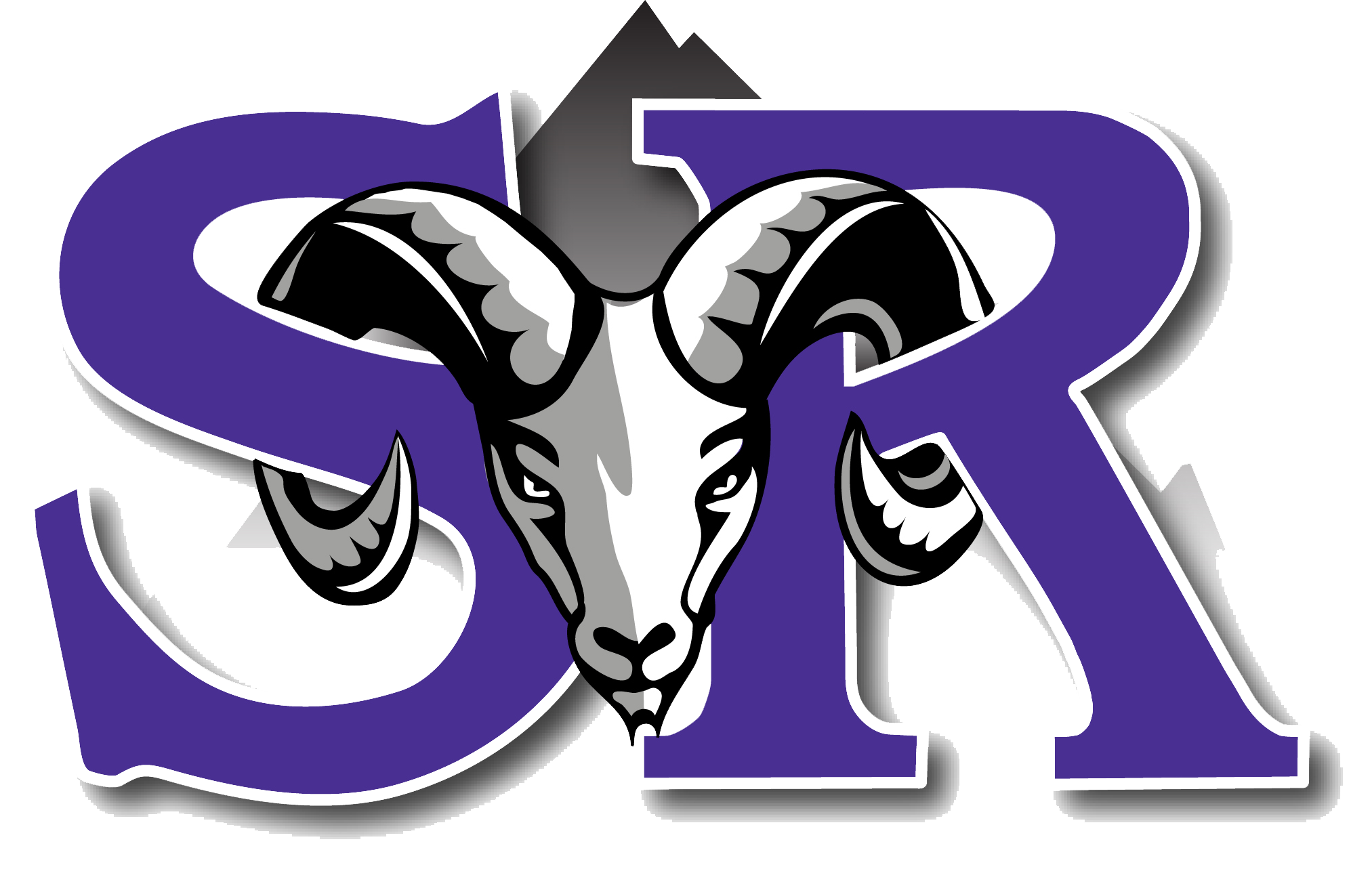
|
Mrs. Hulstrom |
Typing.com
(Join Class through Google Classroom)
Tynker Online Support Video Help
Code HS
Karel the Dog class code: 1251
Loops and Animation
Things are about to get animated! In this lesson, students will use multiple costumes in a loop to animate Gus.
New Code Blocks
: Change the Actor's costume.
Vocabulary
- Stage: The background of the project where the Actors are placed
- Animation: Changing costumes (pictures) of an Actor many times to give the illusion of movement
Objectives
Students will...- Add a background and music to a scene
- Use code blocks to animate characters
1. Introduction (Video)
- Students will watch a short video that introduces the upcoming programming activities.
- Optional: Read the captions on the screen to your students.
2. Play the Game (Example)
- This module is an example of an animated space game. Students need to collect 3 power cells and jump over obstacles to win the game!
3. Concepts (Video)
- This module introduces three new concepts: Actors, costumes, and code blocks.
- Optional: Read through the concepts as a class, answering potential student questions.
4. Animate Gus Example (Example)
- In this module, students will view a space project of Gus walking in place, which they will create their own version of in the next module!
- Tell students to select the red button to move on to the next module.
5. Animate Gus (DIY)
- In this DIY project, students will follow step-by-step directions to learn the basics of creating a walking animation for Gus the astronaut!
- Emphasize to students that the “on start” block combined with the “forever” block can make something happen constantly while the program is running. In this project, we want Gus to be constantly switching from costume to costume, with short waits in between changes.
- Optional: Ask your class if anyone can explain why the “wait 0.05” block is important. What would happen if we removed the “wait” block? What happens if we change the “wait” time to a higher value?
6. Fix the Animation Speed (Puzzle)
- To solve this puzzle module, students need to adjust the animation speed (“wait” time) so that Gus’s walk matches the moving background.
- Are students struggling? Ask, “How can we make Gus walk faster or slower?” (Changing the value of the “wait” block to a larger number will make Gus’ walk animation slower, and changing the value of the “wait” block to a smaller number will speed up the costume change, making Gus’ walk animation faster)
7. Animate Your Own Example (Video)
- In this module, students will view an example of an animated space project with aliens!
8. Animate Your Own (DIY)
- In this DIY project, students will create a unique animated scene with three aliens and background music!
- Encourage students to share their project with their neighbor and brainstorm ways they can improve it.
9. Quiz (Multiple Choice)
- Students will answer 5 multiple choice questions to review concepts covered in this lesson.
- K-12 CTSA Computer Science Standards (Revised 2017)
Computer Science Teachers Association:- 1B-AP-10
- 1B-AP-11
- 1B-AP-12
- 1B-AP-15
- 2-AP-12
- 2-AP-13
- 2-AP-15
- 2-AP-16
- 2-AP-17
- CCSS-ELA: RF.5.4.A, 6-8.RST.3, 6-8.RST.4, 6-8.RST.7
- CS CA: 3-5.AP.10, 3-5.AP.12, 3-5.AP.13, 3-5.AP.14, 3-5.AP.17, 6-8.AP.12, 6-8.AP.13, 6-8.AP.16, 6-8.AP.17
- ISTE: 1.c, 1.d, 4.d, 5.c, 5.d, 6.b
12551 Holly Street
Thornton, Colorado 80241
720-972-5040